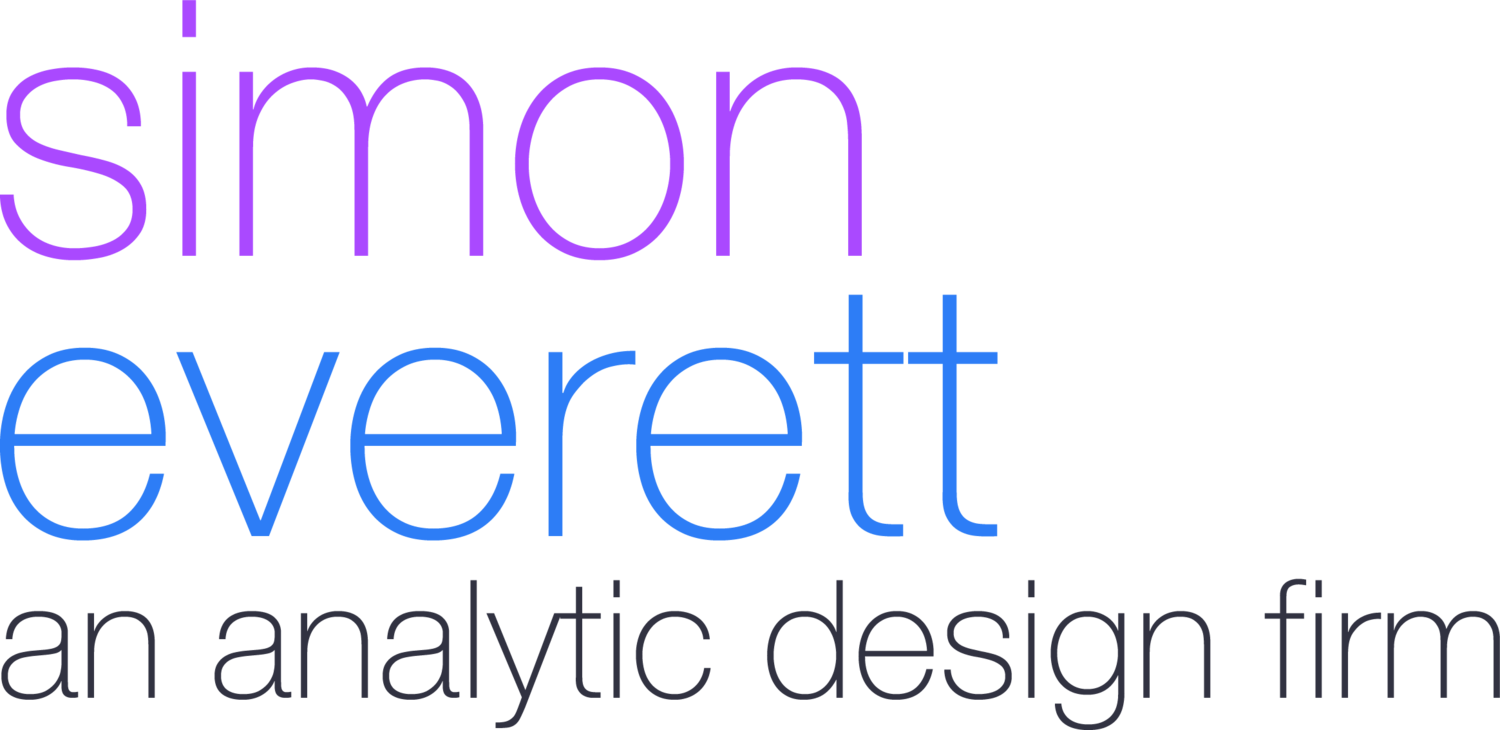Cyber health in the Commonwealth
Cybersecurity is big business. Worldwide spending on goods and services to protect digital information is estimated to reach $1 trillion between 2017 and 2021. As companies, governments, and individuals make this tremendous investment, policymakers are looking to the industry to catalyze economic growth within their communities – and to cultivate the capabilities needed to meet the security demands of an increasingly digital society.
Recognizing the opportunity inherent in the cybersecurity sector, the Commonwealth of Kentucky commissioned Simon Everett and our partner kglobal to conduct Kentucky’s first-ever statewide study of cybersecurity. The Kentucky Commission on Military Affairs, which sponsored the study with a grant funded by the Office of Economic Adjustment, sought a broad-based analysis designed to serve three related objectives: strengthen the economy by creating an environment conducive to the growth of the cybersecurity sector; protect critical infrastructure by promoting a healthy cybersecurity ecosystem; and make the defense industrial base more resilient by helping defense companies better assess growth and diversification opportunities in this adjacent industry.
After more than eight months of research, stakeholder interviews, and outreach, we recently concluded our work with a briefing to government leaders in the historic State Capitol in Frankfort. The 190-plus-page Kentucky Cybersecurity Industry Study is in fact a composite of ten smaller studies, each addressing a different facet of the state’s cybersecurity landscape. For example, we assessed the industry’s economic impact in Kentucky, analyzed the cybersecurity workforce, and reviewed risk management and governance frameworks.
Guided by our analysis, the study makes dozens of specific, actionable, and practical recommendations for Kentucky to realize the economic and security benefits of a vibrant cybersecurity sector. With purposeful action tied to strategic direction, Kentucky can become a hub for cybersecurity companies and talent, and it can be a leader in protecting citizens, businesses, and infrastructure from cyber risk.
Click here to view the Executive Summary of the Kentucky Cybersecurity Industry Study.
